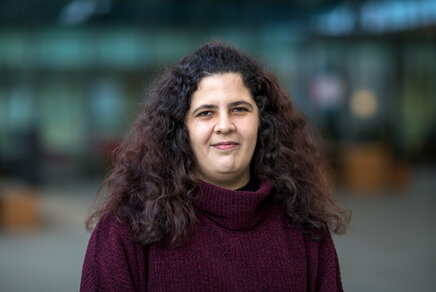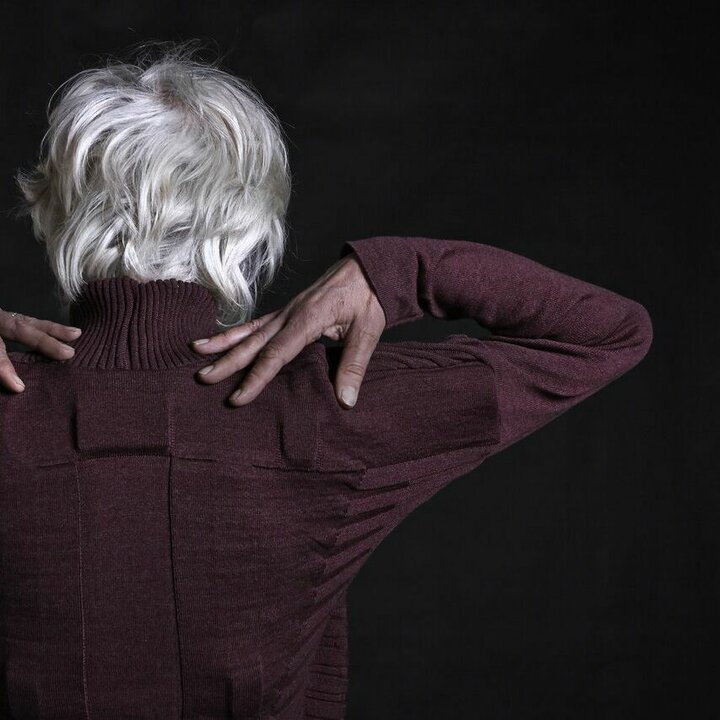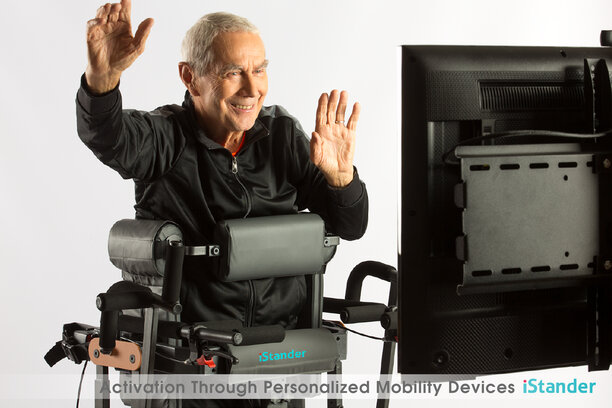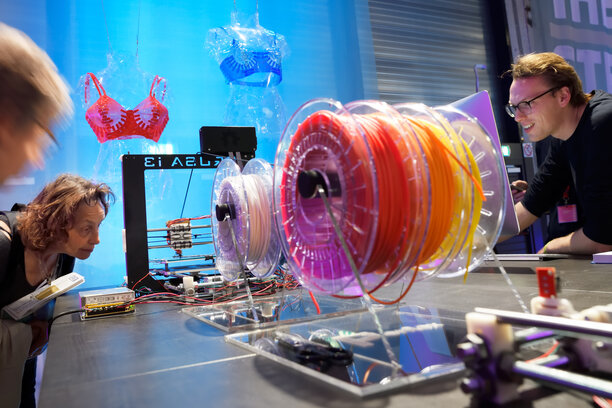investigates technological interventions in the context of contemporary societal challenges
The cluster Systemic Change investigates technological interventions in the context of contemporary societal challenges. In cross-disciplinary teams of specialists and stakeholders, we envision and create socio-technical systems operating in near real-life ecosystems and study their effects in the short and long term. In the socio-technological systems, we utilize emerging technologies such as ICT, Big Data, AI, sensors and actuators. We use the aesthetics of interaction of the users with the socio-technical systems to evoke change and we underpin the desired change by applying ethical frameworks and theories from social sciences and humanities. Using a research through design approach, we develop methods, tools, platforms and field labs that support the co-creation and analysis processes. These can subsequently be repurposed by the cross-disciplinary stakeholders in their own practice.
Read moreProjects
Recent Publications
Our most recent peer reviewed publications
-
Zhuohua Liu,Bin Yang,Jingrui An,Caijuan Huang
Similarity evaluation of graphic design based on deep visual saliency features
Journal of Supercomputing (2023) -
Gabriella Tisza,Panos Markopoulos,Tilde Bekker
Learning to code
Humanities and Social Sciences Communications (2023) -
Mayke M.C.J. van Leunen,Cindy C.A.G. Verstappen,Dianne M.G. Visser-Stevelink,Rutger W.M. Brouwers,René A. Tio,Ruud F. Spee,Yuan Lu,Hareld M.C. Kemps
Telerehabilitation in patients with recent hospitalisation due to acute decompensated heart failure
BMC Cardiovascular Disorders (2023) -
Mille Skovhus Lunding,Jens Emil Sloth Grønbæk,Nicolai Grymer,Thomas Wells,Steven Houben,Marianne Graves Petersen
Reality and Beyond
Proceedings of the ACM on Human-Computer Interaction (2023) -
Dimitra Dritsa,Steven Houben
Dimension Hopper: A Tool for Exploring Multidimensional Data in Design Research
(2023)
Meet some of our Researchers
News


Contact
-
Visiting address
Zara Kurt MAAtlasAtlas 7.1065612 AZ EindhovenNetherlands -
Postal address
Vajèn van der VenDepartment of Industrial DesignP.O. Box 5135600 MB EindhovenNetherlands







